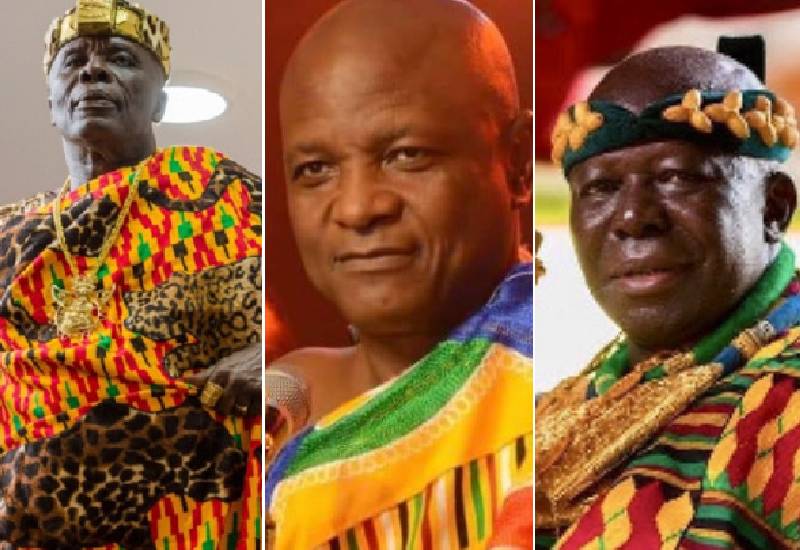A simmering crisis is brewing beneath the surface of Ghana’s development, fueled by the rampant practice of double land sales by traditional leaders. This shadowy practice, often cloaked in cultural authority and complex land tenure systems, has far-reaching consequences, undermining economic growth, exacerbating unemployment, and fueling the destructive scourge of galamsey.
Traditional leaders, entrusted with managing land within their communities, are increasingly engaging in fraudulent double sales, selling the same piece of land to multiple buyers. This practice, rooted in a combination of greed, lack of transparency, and outdated land administration systems, is robbing individuals of their hard-earned savings and creating a climate of mistrust and instability.
The uncertainty created by double sales discourages investors, both local and foreign. Businesses hesitant to invest in land with unclear ownership face risks of losing their investments, stifling growth and hampering economic development. Land disputes, often triggered by double sales, contribute to a cycle of unemployment among youth. Unable to secure land to cultivate or build businesses, young people are forced into precarious and often exploitative jobs.
The desperation for land, coupled with the lack of opportunities, pushes vulnerable communities towards illegal gold mining (galamsey). This practice, inherently destructive to the environment, depletes natural resources and leaves behind polluted landscapes, further hindering development.
The land crisis is deeply intertwined with galamsey. In many cases, individuals seeking to secure land for their livelihood are drawn to galamsey as a last resort. They are often lured by promises of quick profits and may be coerced into working in dangerous and environmentally damaging conditions.
Implementing a clear, transparent, and accountable land registration system is crucial. This should include digitizing land records, establishing clear ownership boundaries, and ensuring that land transactions are properly documented.
Traditional leaders must be educated on sustainable land management practices, including the importance of transparency and accountability. They must be held responsible for their actions and face consequences for engaging in fraudulent activities.
Providing youth with opportunities for gainful employment through skills development, entrepreneurship programs, and access to funding will reduce their reliance on land and the temptation of engaging in galamsey. Stricter enforcement of laws against land fraud and galamsey is essential. This includes prosecuting perpetrators, confiscating illegal mining equipment, and creating a deterrent against further illicit activities.
The double sale of land is a symptom of a much deeper problem in Ghana: a lack of transparency, weak governance, and a need for sustainable economic development. Addressing this challenge requires a shared commitment from government, traditional leaders, civil society, and the private sector. Only by working together can we create a future where land rights are secure, the environment is protected, and young people have the opportunity to build a prosperous future.
Godwin Owusu Frimpong




